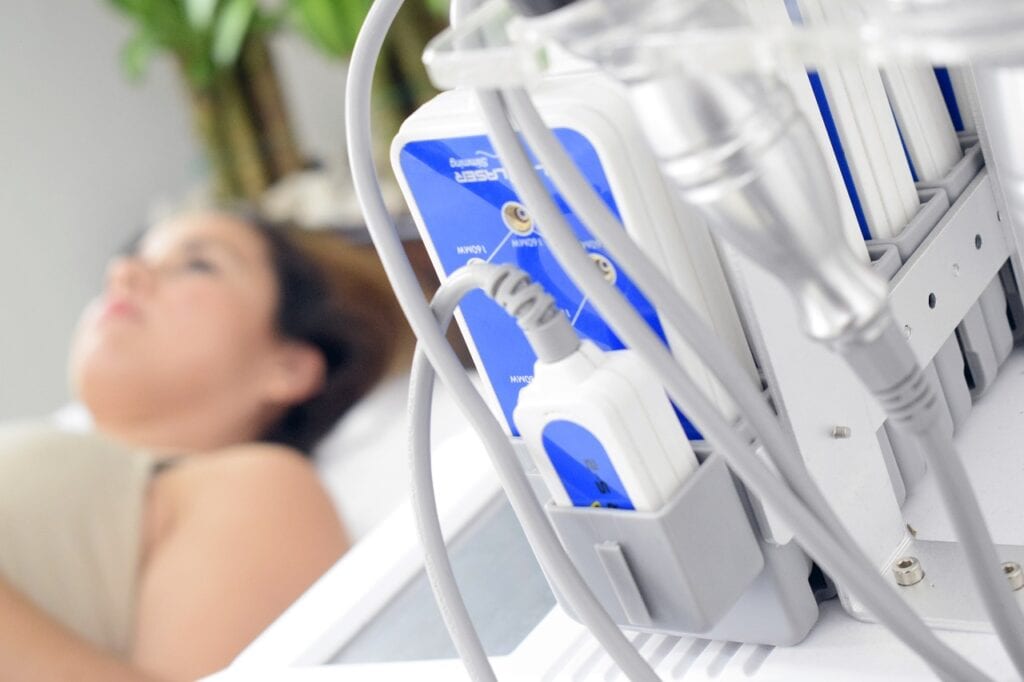This past week, Bristol Myers Squibb shared four-year data from the Phase 3 CheckMate-214 clinical trial. Ultimately, the trial sought to understand the safety, efficacy, and tolerability of Opdivo and Yervoy for patients with advanced (but previously untreated) renal cell carcinoma (RCC) compared to sunitinib. According to their findings, the drug combination significantly improved survival rates for these patients.
CheckMate-214
The Phase 3 CheckMate-214 clinical trial explored the efficacy of Opdivo-Yervoy in patients with RCC. Altogether, 1,096 patients enrolled in the trial. Of these, 550 (50.2%) received 3mg/kg Opdivo and 1mg/kg Yervoy every three weeks until four doses were received. Next, they received 3mg/kg Opdivo bi-weekly. The other group included 546 patients (49.8%) who received 50mg sunitinib daily for a 1-month period, then 2 weeks without medication, then back onto sunitinib.
All patients were treated until they either experienced RCC progression or experienced toxicity or harmful side effects. After 4 years, the survival rate for patients taking Opdivo-Yervoy was 53.4%, around 10.1% higher than the sunitinib group. Outside of RCC, Opdivo-Yervoy has also been analyzed as a potential treatment for mesothelioma, melanoma, and non-small cell lung cancer (NSCLC).
Opdivo
If you want a therapy that uses your own immune system to fight cancer, Opdivo might be the drug for you. This programmed death-1 (PD-1) immune checkpoint inhibitor uses the immune system to create anti-tumor responses, thus preventing the development or progression of cancer. So far, over 35,000 patients have been treated with Opdivo. It is approved for use in over 65 countries.
Yervoy
Yervoy is used to treat multiple soft and hard tumors. It is a human monoclonal antibody, described by the National Cancer Institute (NCI) as:
A type of antibody made in the laboratory by combining a human antibody with a small part of a mouse or rat monoclonal antibody. The mouse or rat part of the antibody binds to the target antigen, and the human part makes it less likely to be destroyed by the body’s immune system.
In this case, Yervoy binds to cytotoxic T-lymphocyte-associated antigen-4 (CTLA-4), improving the T-cell immune and anti-tumor response.
Safety Information
In some patients, Opdivo causes immune-mediated pneumonitis, or non-infectious lung tissue inflammation. Throughout all CheckMate trials, 3.1% of patients developed pneumonitis. This seems highest in patients with hepatocellular carcinoma (HCC) or NSCLC, in which 9-10% of all patients experienced pneumonitis. Altogether, 4 patients treated with Opdivo died of pneumonitis.
Opdivo can also cause immune-mediated colitis, hepatitis, nephritis, encephalitis, hypophysitis, adrenal deficiency, autoimmune thyroid disorders, and Type 1 diabetes. Opdivo-Yervoy caused 26% of patients with melanoma to develop colitis, with 3 cases being fatal. In some trials, researchers also noted Stevens-Johnson syndrome and toxic epidermal necrolysis.
Additional adverse reactions to Opdivo and Yervoy include:
- Nausea, vomiting, and diarrhea
- Unintended weight loss and lowered appetite
- Colitis
- Persistent cough
- Headache
- Fever
- Upper respiratory tract infections
- Pneumonia or pneumonitis
- Hepatitis
- Pulmonary embolisms
- Muscle and joint pain
- Fatigue
- Dizziness
- Hypothyroidism
- Rash
- Renal failure
- Organ failure
- Anemia
- Uveitis and iritis
- Pancreatitis
- Vasculitis
- Gastritis
- Intense itching
Women who are pregnant or nursing should not use Opdivo or Yervoy. Patients should not receive allogeneic hematopoietic stem cell transplantation (HSCT) after using Yervoy.
Renal Cell Carcinoma (RCC)
There is no distinct cause for renal cell carcinoma (RCC), an easily spreadable kidney cancer. Generally, RCC begins as a singular tumor. However, it can spread to other organs and parts of the body. PRC, TFE3, and VHL gene mutations are all linked to RCC. It occurs more in males than females, and those between ages 50-70. Symptoms include:
- Unintended weight loss
- Abdominal pain and swelling
- Fever
- Changes in vision
- Bloody or rust-colored urine
- High blood pressure
- Fatigue
- Enlarged testicles
Learn more about RCC here.








